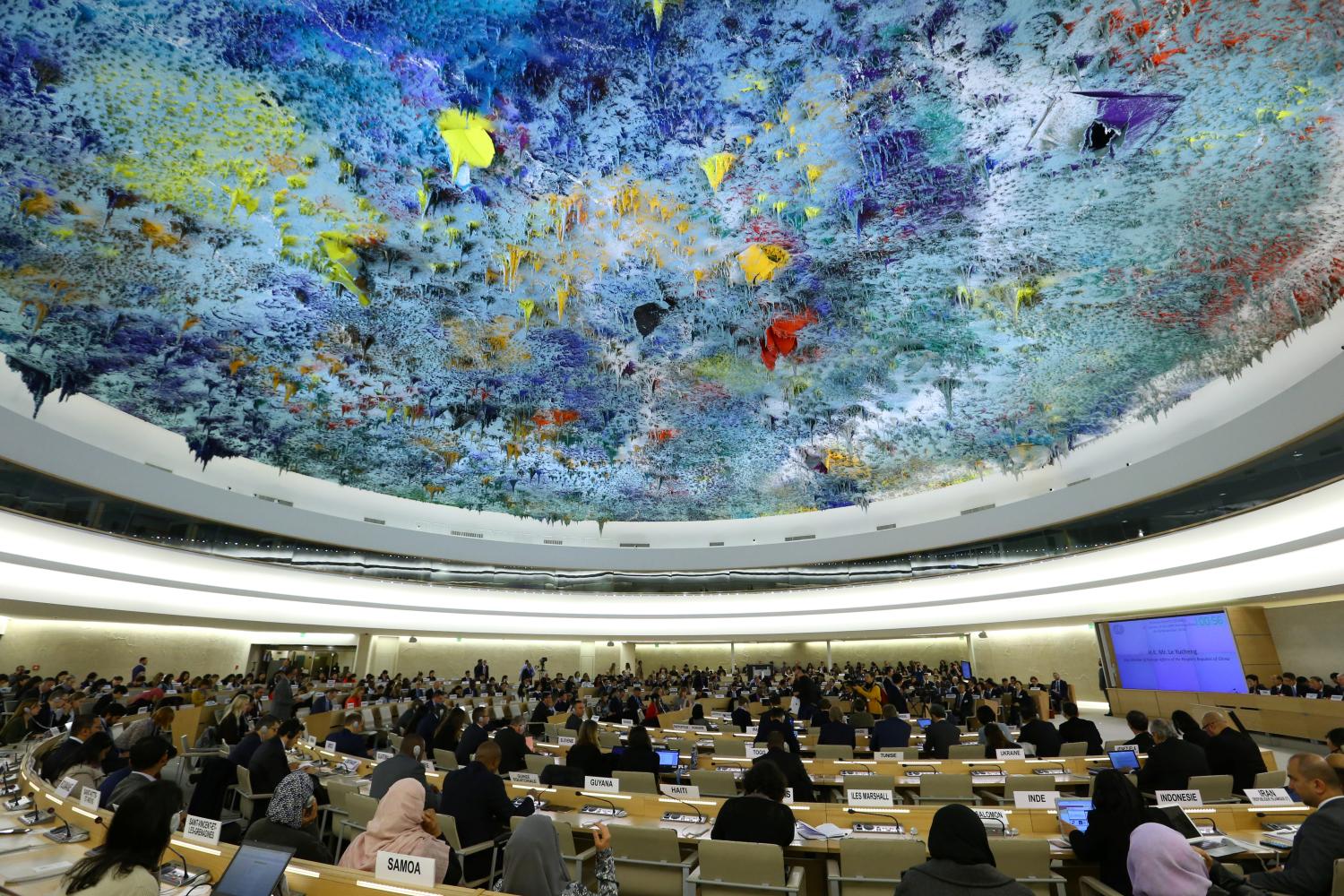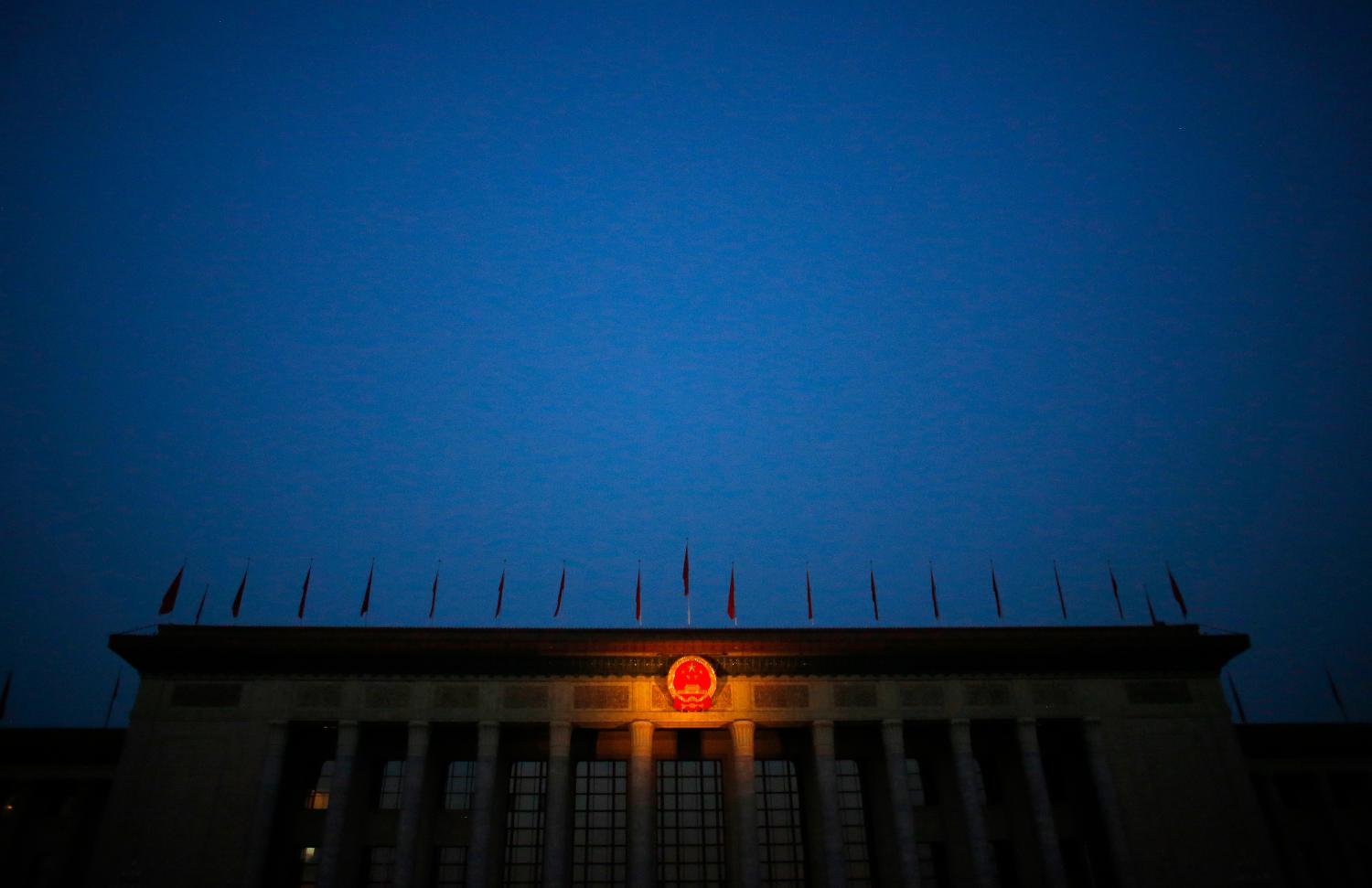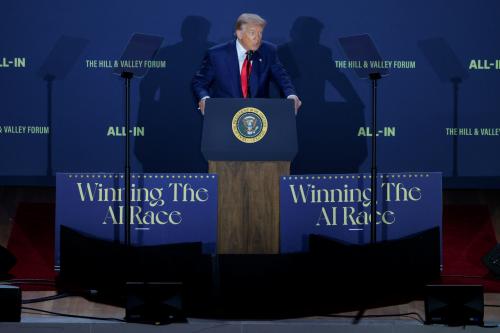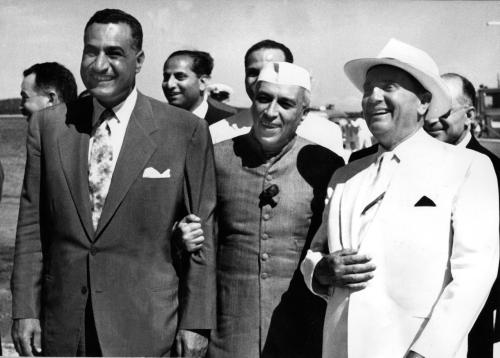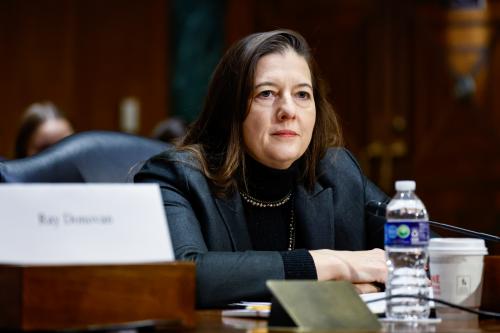Executive summary
 Is the Chinese government’s greater engagement with international institutions a gain for the global human rights system? A close examination of its interactions with United Nations human rights mechanisms, pursuit of rights-free development, and threats to the freedom of expression worldwide suggests it is not. At the United Nations, Chinese authorities are trying to rewrite norms and manipulate existing procedures not only to minimize scrutiny of the Chinese government’s conduct, but also to achieve the same for all governments. Emerging norms on respecting human rights in development could have informed the Chinese government’s approach to the Belt and Road Initiative, the Asian Infrastructure Investment Bank, and national development banks, but they have not. Chinese authorities now extend domestic censorship to communities around the work, ranging from academia to diaspora communities to global businesses.
Is the Chinese government’s greater engagement with international institutions a gain for the global human rights system? A close examination of its interactions with United Nations human rights mechanisms, pursuit of rights-free development, and threats to the freedom of expression worldwide suggests it is not. At the United Nations, Chinese authorities are trying to rewrite norms and manipulate existing procedures not only to minimize scrutiny of the Chinese government’s conduct, but also to achieve the same for all governments. Emerging norms on respecting human rights in development could have informed the Chinese government’s approach to the Belt and Road Initiative, the Asian Infrastructure Investment Bank, and national development banks, but they have not. Chinese authorities now extend domestic censorship to communities around the work, ranging from academia to diaspora communities to global businesses.
This paper details the ways Chinese authorities seek to shape norms and practices globally, and sets out steps governments and institutions can take to reverse these trends, including forming multilateral, multi-year coalitions to serve as a counterweight to Chinese government influence. Academic institutions should not just pursue better disclosure policies about interactions with Chinese government actors, they should also urgently prioritize the academic freedom of students and scholars from and of China. Companies have human rights obligations and should reject censorship.
Equally important, strategies to reject the Chinese government’s threats to human rights should not penalize people from across China or of Chinese descent around the world, and securing human rights gains inside China should be a priority. The paper argues that many actors’ failure to take these and other steps allows Chinese authorities to further erode the existing universal human rights system — and to enjoy a growing sense of impunity.
The Brookings Institution is committed to quality, independence, and impact.
We are supported by a diverse array of funders. In line with our values and policies, each Brookings publication represents the sole views of its author(s).

